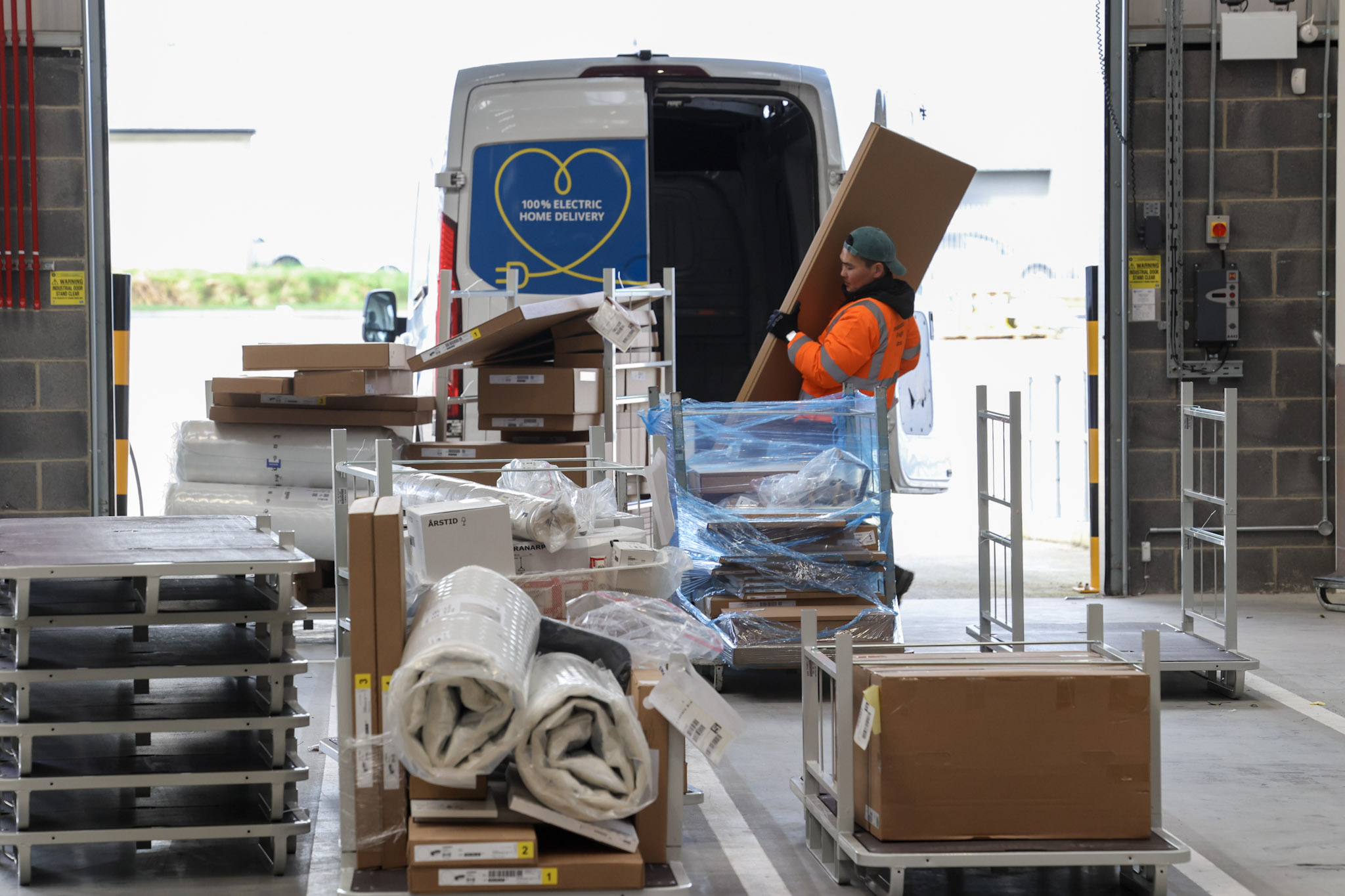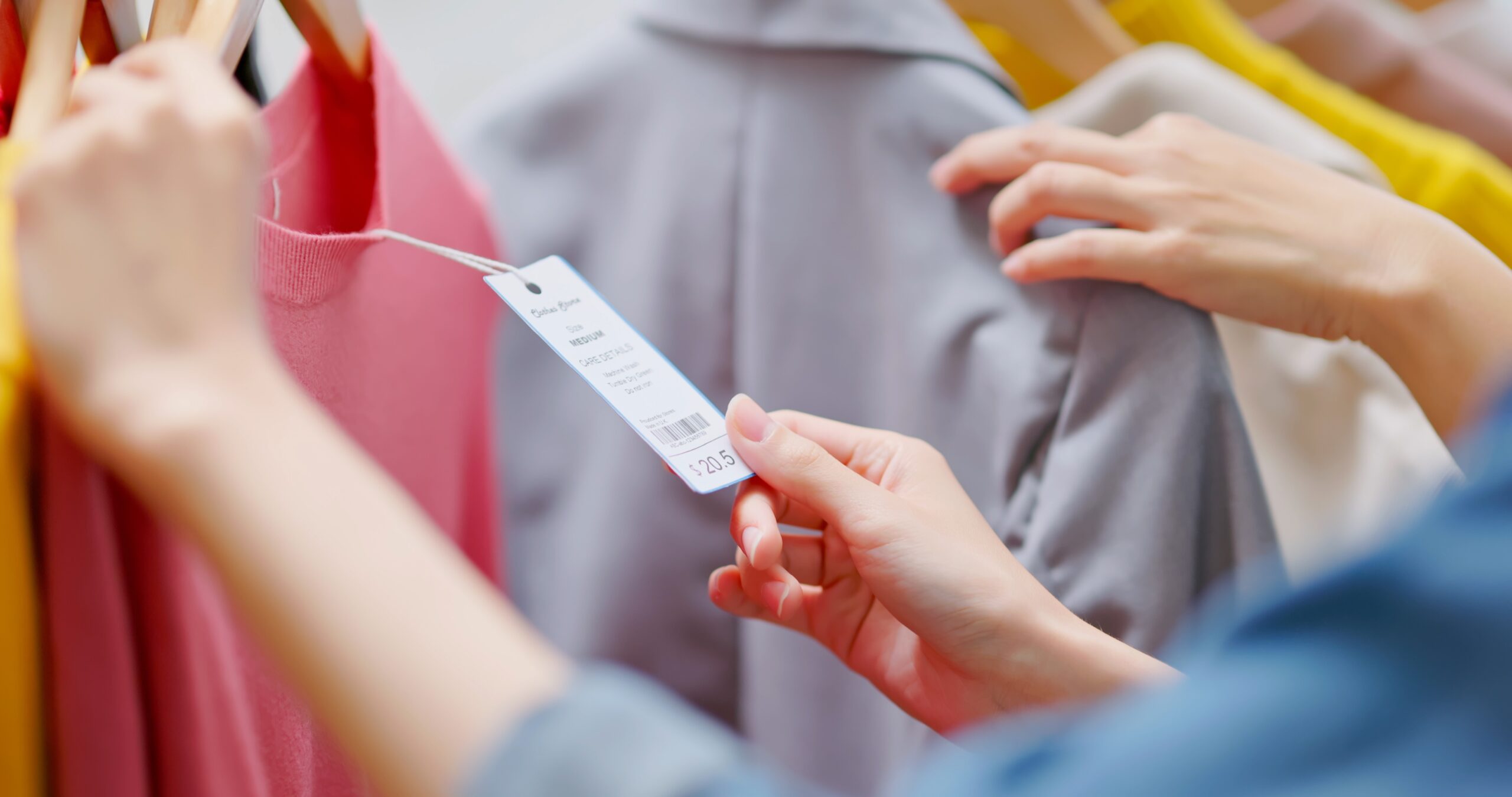Emile Naus, a Director at BearingPoint, shares insight around what retail trust means for consumers around the world.
International expansion is reaping rewards for the UK’s online retailers. Take Asos, for example. In the year to August 2017, it saw international sales grow at nearly three times the rate of its home market. They were £1.2bn, up 47% on the previous year, compared with sales of £698m in the UK which were up 16%.
Expansion has not been without its challenges though. In 2016, Asos announced the closure of its local operations in China at a cost of £10m, less than three years after it launched, although the retailer said it would still sell in the market. As Asos pursues its strategy of expanding in Europe, the UK and the US, others are left pondering what it takes for online retailers to grow out of their home markets in a truly global sense.
We see trust as the critical factor. Our research shows that in China, 81% of consumers think it is important to trust retailers, and 64% do. In South Africa, another important market for international expansion, 74% of consumers think retailer trust is important, but only 21% actually do trust them.
Of course, trust means different things in different contexts. To start with the practical questions. Consumers ask: does the website have the items I want? Will it be in my size? Can the items be delivered to me in reasonable time? Can I return the item if it doesn’t fit, is faulty, or I don’t like it?
Asos’ experience in China shows how difficult it can be to address these issues. Critics of its approach to expansion pointed out that it used European and American models to promote its clothing range. Because their body shapes differed from the typical Chinese shape, consumers found it difficult to compare and make decisions.
Add to this the challenge of stocking items for the right season in both the northern and southern hemisphere, and suddenly the supply chain and inventory challenges of international expansion seem a lot more complex.
International expansion often starts as a simple, opportunistic play. Consumers from across the globe show an interest in your offer and you start to ship internationally. It is common for retailers to bear the burden of international shipping of individual items while they figure out the demand from different markets. As they get a sense of the potential volume, they start to create outbound logistics and global operations. But different consumer expectation on body shape and global seasonality also have implications for the upstream supply chain which need to be addressed if they are to succeed.
Another example of trust is the returns process. Our research shows that easy returns are becoming increasingly important to the Chinese market. But different countries have different legal requirements for returns. To meet these requirements, and consumer expectations, retailers face a tough choice. If you do not have local operations, do you accept returns into a local third party? Can you then resell the items locally? Or, should you have returned items shipped back to the home market? In the latter case, it might take four to six weeks to ship the goods back from, say, Australia to the UK. In which case, it might be outside of consumer expectations if they don’t receive a refund for more than a month after they return the item.
As if these challenges were not enough, the issue of trust, and its criticality to success, has much broader implications for online retailers with global ambition. Our research of consumers in China, Japan, South Africa and Nigeria shows 55% think ‘sustainably sourced products’ are an important factor in deciding where to shop, 45% like to know who made the products they buy or how it was grown, and 79% like to buy products made in their country. For 47% of customers, ‘locally sourced products’ are an important factor in deciding where to shop.
This has implications not just for the physical supply chain: how you find and work with local suppliers; but also the information you have about your products. For example, our research found that 77% of consumers in China will scan a QR code to access additional product information or pricing before buying.
Whether it is a QR code on a physical product, or a link to more information on a website, it raises the question, do you have this kind of information about all of your products? Do your suppliers have it? If it is such an important factor to consumers, globally, how do you go about getting it?
ADDRESSING THE TRUST ISSUE
We have four recommendations to online retailers trying to address the issue of trust as they expand globally. All require investment, but there will be significant returns for those that succeed.
Firstly, online retailers need open communication about product traceability and transparency. Some retailers are already responding to this trend. For example, clothing and accessories store Everlane is promoting ‘radical transparency’ which makes the cost of each material used to make the final product completely transparent to the consumer so the costs can be used to justify the sale price.
Secondly, retail organisations need to develop traceability technologies that can be used throughout the supply chain. Consumers are looking for end-to-end traceability, to ensure compliance with ethical sourcing and to understand the delivery processes. Technology can help. RFID offers automated tracing of products and components through the supply chain, while blockchain, the technology foundation of cryptocurrency Bitcoin, can ensure no one can tamper with electronic records detailing product provenance. As well as assuring consumers about product traceability, these technologies can help organisations run supply chains more efficiently, making in-flight adjustments to routing where necessary and offering consumer real-time status updates on their purchase whereabouts.
Thirdly, retailers need to ensure their buyers can choose local products for their ranges. The strategy carries a subjective appeal for the customer. More than 50% of early adopters of ecommerce in China, Japan and South Africa prefer buying products made by a local artisan. It may require simplification and decentralisation of sourcing processes by the retailer: new vendors should be registered within days, not weeks. Also, it might require complementary distribution models such as franchises or co-operatives, to offer consumers a stronger local range.
Lastly, organisations need to move from predictive to prescriptive analytics to influence customer decision-making. This creates the ability to push relevant information and products to the consumer. In China, 71% of early adopters want their stores to provide personalised recommendations. Predictive targeting and personalized ‘prescriptive’ recommendations are becoming more widespread using such innovative tools as Tiny Clues, Dynamic Yield, Reelevant, and LuckyCart. For the consumer the experience creates the trust that the retailer has something relevant and exciting: something that gives them a sense of belonging.
China, Nigeria, and South Africa represent interesting test cases for international expansion. They have growing and increasingly affluent middle classes, rapidly changing retail environments, and the stimulus of players who focus on new technologies and new models of retail. China in particular, represents something of a blank canvas: it has around 10% of the store density of the US market making it an interesting environment for the evolution of retail. And it is a huge opportunity. China is expected to overtake the US as the world’s largest retail market, with sales set to reach $7.18 trillion by 2020, according to its Ministry of Commerce.
I’ll leave you with some food for thought. Chinese ecommerce giant Alibaba has already committed billions of dollars to global expansion. Those online retailers hoping to stick to home, or western markets, might find it is not the safe bet they once thought.





